This blog was written by Timothy Dziedzom Amaglo-Mensah, lead of the Stay in School Initiative and originally published on the Return Ghana website on 8 April 2020.
”New Initiatives are vital to overcoming old ways of thinking that are now out of touch with the reality of dramatic conditions facing our continent.” Italian President Sergio Mattarella
Every major global crisis has fundamentally altered how governments and people order society. World War II, for instance, led to the creation of many multilateral and bilateral organizations such as the United Nations (UN), International Monetary Fund (IMF) and the World Bank (World Bank 2020). The 2008 financial crisis changed the view of financial regulations while the 9/11 attacks led to increased government surveillance and higher security at airports (Blalock et al 2007). In the wake of the rapid spreading of COVID-19 it is glaring the repercussions on education all over the world. Today, many countries have temporarily closed their educational institutions in a bid to curb the spread of the COVID-19 by instituting a ban on social gathering.
The UNESCO (2020) indicates that 165 countries have implemented nationwide closures of educational institutions. The closure of educational institutions has affected more than two-thirds of the world’s student population. The UNESCO (2020) estimates that nearly 1.5 billion children and youth are currently not in school due to these closures. In the case of Ghana, UNESCO (2020) reveals that children and youth numbering 9,696,756 are currently not in school due to the pandemic. Out of this number, 1,852,028 (20%) are in Pre-primary, 4,548,875 (47%) are in Primary, 2,851,160 (29%) are in Junior High School (JHS) and Senior High School (SHS) and 443,693 (4%) are in the various tertiary institutions.
Gyamerah (2020) indicates that disruption in educational activities following the closure of educational institutions is a huge blow to the education sector in Ghana. Gyamerah (2020) further argues that without any form of alternative interventions or reforms, academics will be severely affected. The ripple effect is that when everything dies down, there is going to be so much pressure on teachers and students to recover all the time lost. This will lead to subpar delivery by the teachers (using limited time to cover many topics) and pressure on the students to assimilate so much within a short time.
In Ghana, majority of students spanning from pre-primary to tertiary do not have access to internet and any form of digital means. With challenges associated with internet accessibility the sharp move to digital infrastructure will further widen the inequality gaps, leaving a huge number of students behind. In the wake of this there will be a dent in Ghana’s educational system which will further place untold pressure on teachers to ensure effective delivery of quality education. Therefore, the need for low tech approaches that are user friendly, accessible and cost effective is critical to sustain the delivery of education. Although technology-based education has many benefits, educational experts need to be mindful that they could widen the existing inequalities if the interventions do not take into consideration the relevant stakeholders at all levels; the teacher, the local community, the diverse needs of the learner and the available technology (Gyamerah 2020). Again, this brings to bare the challenge of students’ adaptation to this new form of Learning. In a short time, students are expected to get used to digital education to ensure they acquire the requisite knowledge and I hope they get better with constant use. In responding to the global shift and lapses in educational delivery caused by COVID-19, there will be possible ramifications that will change the space of education.
Move to Digital Infrastructure
UNESCO’s launch of the Global COVID-19 Education Coalition that brings together multilateral partners and the private sector, including Microsoft and the Global System for Mobile Communications (GSMA) to help countries deploy remote learning systems to ensure minimal educational disruptions is a crucial intervention. This move is necessary for the future after COVID-19. The Global Partnership for Education has also made available $8.8million to their partner governments affected by school closures and the economic impacts of the pandemic. This will be characterized by the highly mechanized and fully-fledged move towards digital infrastructure development. A lot of classes will be digitized; governments and individuals will see digitization as a necessary infrastructure.
Priority will be given to online education, television and radio broadcasts
Many countries have quickly developed alternative learning solutions for online education, television and radio broadcasts to give education to students’ home due to COVID-19. For instance, countries like India and Ethiopia have developed alternative solution for students in their country using digital technology to support distance learning for children whose schools have closed (Marshall, L., Moore, R (2020). This is anticipated to continue after the pandemic is long gone and something students will quickly get used to. On the 3rd of April, Ghana Education Service (GES) in collaboration with the Ghana Broadcasting Corporation (GBC) began the Ghana Learning TV to provide subject content for students. This rapid move to digital learning is touted to aid students and it’s expected that the same priority will be sustained after Ghana has recovered from the pandemic.
Internet will be accessible to many students.
The recent rush to access subject content online by students has brought to the fore, the different living standards we have in the society in terms of who has internet access and who can afford the internet data. Government is likely to invest in the provision of internet access for students to get their online education and also create a level playing field to match up to the standards of the ever-changing world.
Online engagement by students will increase. Platforms like Canvas by Instructure will become a normal avenue to access education.
Online learning will become the new normal. Platforms like Canvas by Instructure will help aid the educational system concerning the number of students being attended to and the burden on physical teaching and learning.
The Digital Education Services Industry will get a boom. Rather than go for lectures, students will now be comfortable with streaming an online lecture.
This move to digitization will give an upsurge in visibility and boost to the digital education services industry especially local entrepreneurs that have tailored it to suit the Ghanaian taste and preference. After the 2008 recession, amazing digital startups like WhatsApp, Dropbox, Uber, Instagram and Pinterest came into existence. In this case, good capitalization on this digitization move could churn out successful education digital service platforms. Many students will, therefore, come to terms with the fact that education does not necessarily have to be within the four walls of a classroom.
A shift in Teacher Professional Development
To match up to the changes that will emerge from the new forms of education delivery, teacher training facilities all over the world will enhance Teacher Professional Development. Teachers would have to be trained to learn about ways of developing online content and how to adequately ensure its relevance to the course content. This will be focused largely on ensuring results and expertise will matter. The current Ghanaian Teacher’s professional development is on a low side where most teachers seem not to have technological expertise. This will largely leave Ghana behind.
Possible solutions
The first step to tackling the lapses that come from this digitization process is for the Government to prioritize the virtual transition of education in Ghana. Investing heavily in digital infrastructure and scaling up to ensure implementation will create a level playing field for every Ghanaian student to access the digital move. If this is not done, the capitalist tech-based solutions will capitalize on it to provide the digital means which will further widen the inequality gaps that are already existent in the society. A fair blend of public-private partnerships for digitization will lessen the hardships. Again, an adequate mix of traditional classroom and digital learning will help since certain practical subjects need a face to face tuition to impart knowledge.
Conclusion
Looking at the Ghanaian situation, it is evident that the pandemic has further stripped us of not having a firm grip of the educational system and if Government stutters in its rapid response of creating and expanding distance learning to the less privileged, the situation will worsen. If Government does not capitalize on low-tech approaches, education will be stagnant. Finally, if the vast number students out there are not engaged, we shall see the rise of dropouts and its accompanying risk factors. In my candid opinion, we are lagging and we need to pace up.
Bibliography
Adetolaov (2020).Prediction: Some ways the Covid-19 global pandemic may change the world. Accessed on the 30th March 2020. https://link.medium.com/X9X0ccHDp5
Blalock, G., Kadiyali, V., & Simon, D. (2007). The Impact of Post‐9/11 Airport Security Measures on the Demand for Air Travel. The Journal of Law & Economics,50(4), 731–755. doi:10.1086/519816
Gyamerah Kenneth (2020).The Impacts of Covid-19 on basic education: How can Ghana respond, cope, and plan for recovery? Accessed on 01/04/2020. https://schoolofeducation.blogs.bristol.ac.uk/2020/03/31/the-impacts-of-covid-19-on-basic-education-how-can-ghana-respond-cope-and-plan-for-recovery
Marshall, L., Moore, R (2020).Access to digital learning during COVID-19 closures compounding educational inequality? Accessed on the 2nd of April 2020. https://www.ukfiet.org/2020/access-to-digital-learning-during-covid-19-closures-compounding-educational-inequality/
UNESCO (2020). COVID-19 impact on education. Accessed on 01/04/2020. https://en.unesco.org/covid19/educationresponse
World Bank (2020) History. Accessed on the 3rd of April 2020.https://www.worldbank.org/en/about/archives/history

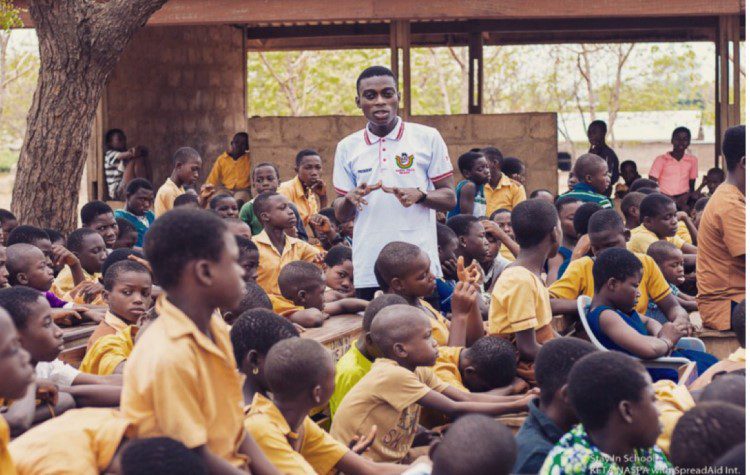
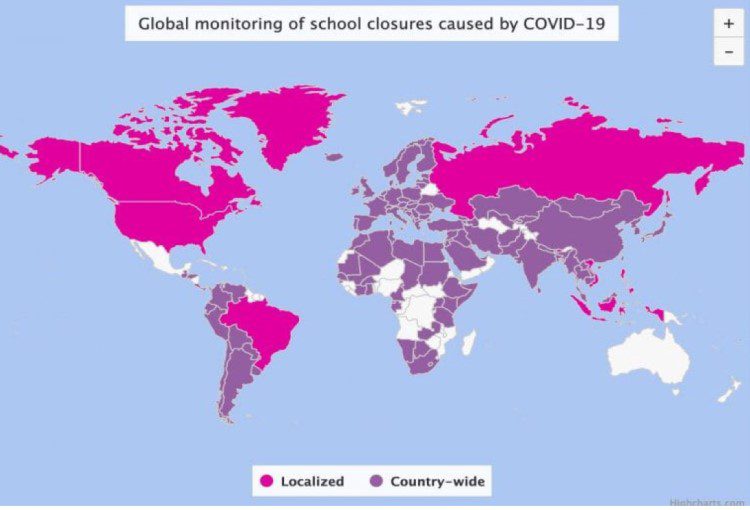
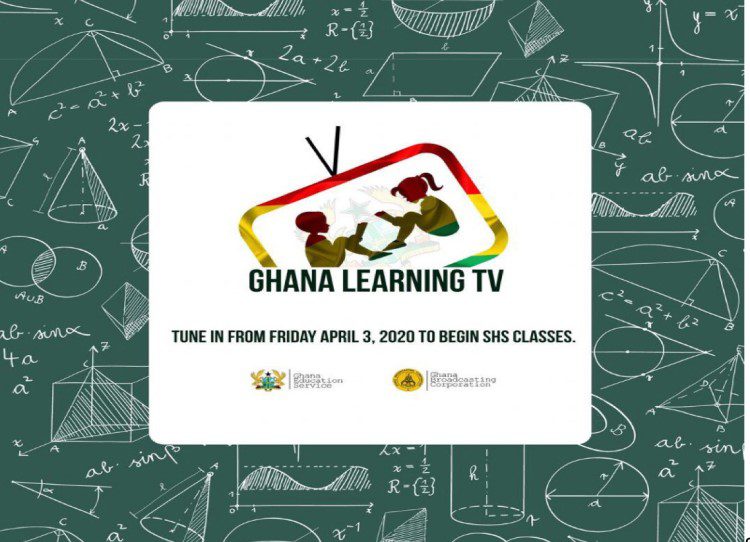
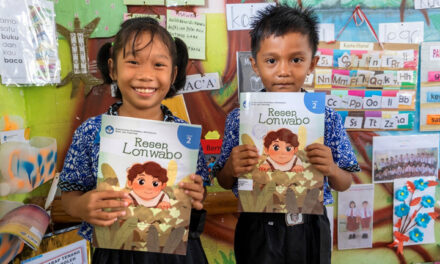
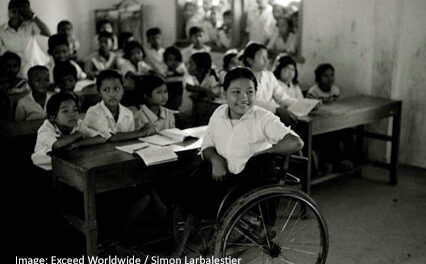

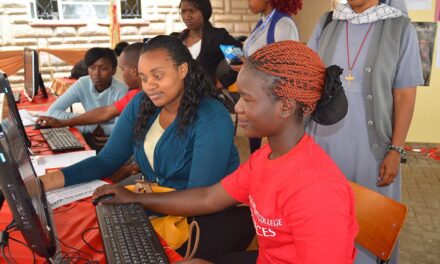
Great piece and thought provoking. The question is what happens to the rural majority who cannot afford internet or TV to learn just like their colleagues. More so how many households will be able to afford electronic devices?
Thank you Selasi.
The digital divide has been magnified and gaps within education accessibility have been further widened as remote learning is not possible for all.
As Educators, we can still keep creating the awareness and coming up with creative ways to help learners in deprived and vulnerable communities. We can’t stop lobbying the Government to ensure the gaps are closed. This pandemic has really exposed the loopholes in delivering remote learning as low tech solutions are even unavailable to most learners.